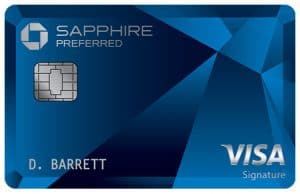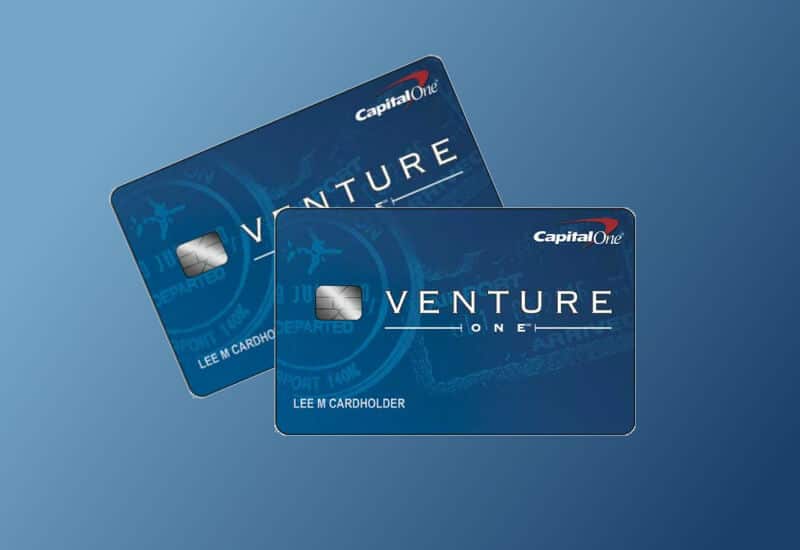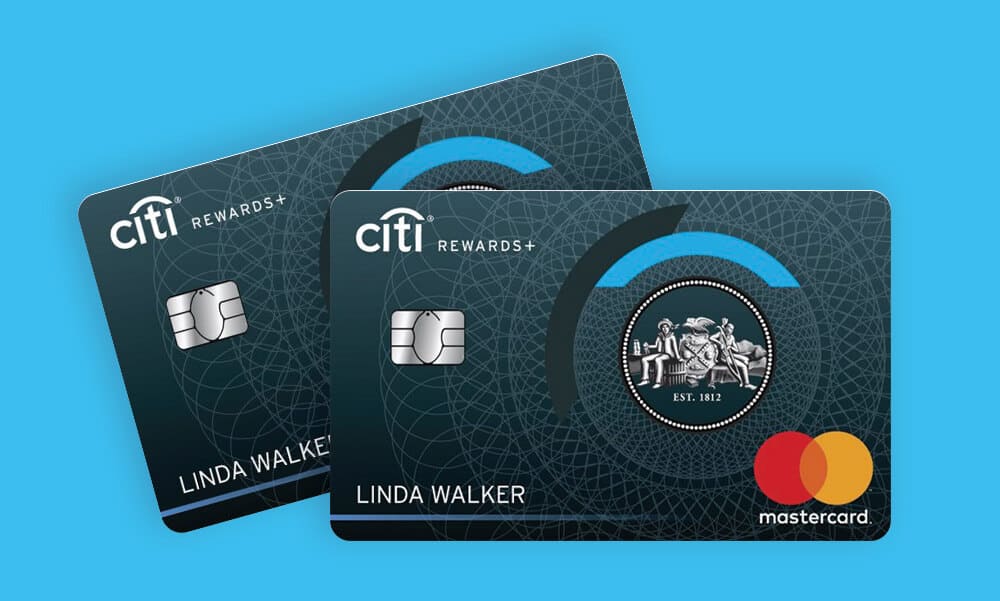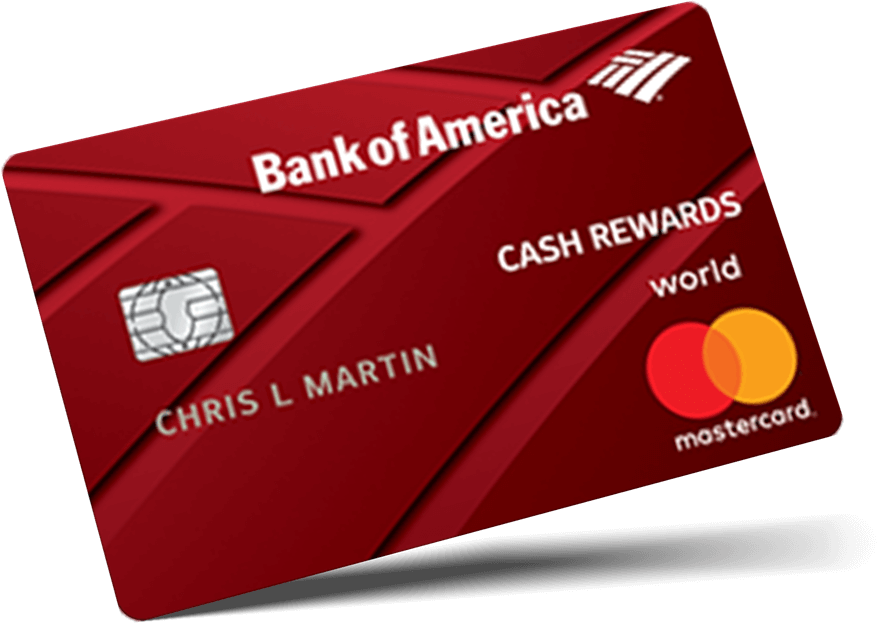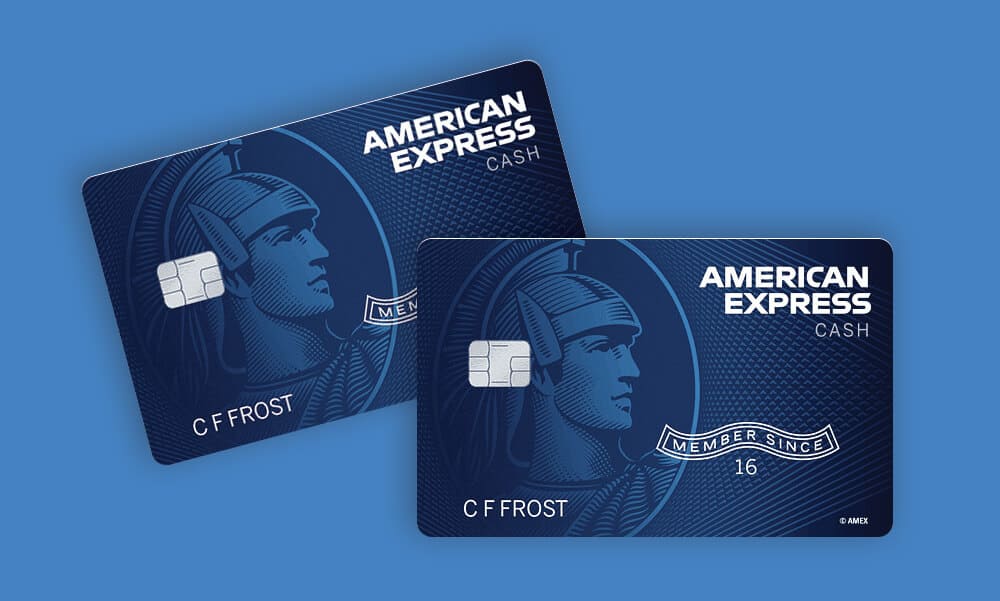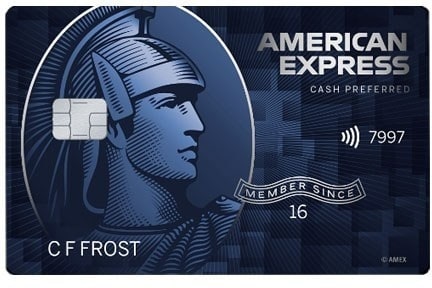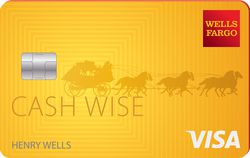Best Reward Credit Cards in 2020
Reward credit cards have tremendously evolved to become very competitive. The best reward programs offer higher sign-up bonuses, cashback on purchases, miles, and redeemable points, among other benefits.
Most reward credit cards work in the same way. You are allowed to earn points, cash or miles on every dollar charged on your credit card. You can then redeem the rewards for shopping, real money, or travel. You can earn rewards for spending on groceries, gas, electronic gadgets, music, and TV streaming, cable services, phone bills, travel, and hotel accommodation among several others.
-
-
Chase Sapphire Preferred
Our Rating
- 2 times points on dining and travel
- 25% extra value by reading for hotel, airfare or car rentals
- Easily transfer points to your partner
Note: The perks of a reward credit card extend beyond the travel miles and cashback on purchases. Some will help cover your phone’s insurance, others will insure your car rental and yet others will refund you for faulty big dollar purchases under warranty if the seller refuses to take them back. Go through the credit card’s fine print to check out these added perks.What are Credit Card Rewards?
If you’re relatively new to the credit card arena, then it is important to make sure you understand what we mean by credit card rewards. In its most basic form, in order to entice new customers, some credit card providers will offer you a reward every time you make a purchase on your card. As we will discuss later, this can come in a range of different forms with cashback being the most widespread.
In order to set the scene, let’s take a look at a quick example based on traditional credit card cashback.
- You obtain a reward credit card that comes with a 3% cashback scheme on all purchases for the first year up to a maximum of $2,000 per month.
- In the first month, you spend $2,000 on fuel.
- This means that you would be awarded $60 in cashback, which is 3% of $2,000.
- Assuming that you make no other purchases, at the end of the month you would be required to pay $1,940.
- This takes into account the $2,000 that you spent, less the $60 cashback that you earned.
Sticking with the same example above, if you proceeded to pay the full $1,940 balance off in-full at the end of the month and you settled your balance in its entirety, then you wouldn’t pay any interest. As such, this is a perfect example of maximizing your credit card rewards offer.
Types of Reward Credit Cards
Travel Reward Credit CardsRedeemable Points Reward Credit CardsCashback Reward Credit CardsTravel reward credit cards are more like redeemable points cards. The significant difference is you earn travel mileage or points equivalent of the same. You can redeem the rewards for travel fare, free-checked bags, and front line for services such as banking and booking. Some issuers allow you to transfer points and miles between different cards within the same program.
Redeemable points cards allow you to earn points, rather than cash, on every purchase you make with the card. You can receive a sign-up bonus of up to 50,000 points and also earn different points when you use your credit card in specific outlets (hotels, streaming, groceries etc). These rewards can then be redeemed for other purchases or the cash equivalent.
With reward cashback credit cards, you can earn up to 5% or more on your purchases. Most reward credit card providers give between 1% and 2% for every dollar you spend back. Others have rates as high as 5% on purchases made within a specified period. There’s usually a cap on the maximum purchases a cashback rate is charged. For instance, your credit card may offer a 5% rate within the first year of being a cardholder on all purchases up to $50,000. Another may offer up to 25% back for purchases up to say $1,000 within the first three months.
Reward Credit Card Pros and Cons
pros:
- Earn something back from all your purchases
- Get discounted rates
- You can redeem points for free travel
- Get free fraud and purchase protection
- Reduce your cost of living
- Perfect as long as you pay your balance in full each month
Cons
- Rewards are limited to specific items
- Variable interest rates can sometimes spike
- You need to ensure you clear your balance each month
- The best offers are reserved for those with good or excellent credit
Why should you Consider a Reward Credit Card?
Save more on purchases
Reward programs allow you to earn some of your money back when shopping. Let’s say you are offered back 20% on purchases up to $$2,000 within three months; you will instantly receive $400 on hitting the target. However, you do not have to stretch on expenditure. Even without hitting the target, most issuers offer a 1% – 2% basic rate that applies on all purchases charged on the card.
Manage your Balances
Besides saving part of your money on every purchase, reward credit cards can be great for managing credit card balances. You can transfer your balances to a card that has higher reward yields and low APRs. Some issuers have a no-interest introductory rate that may go as high as 18 months. You can use this time to offset your balance while gaining a reward for every dollar charged on your card.
Build Credit Score
The more you save on purchases, the more money you have, hence, the more you can spend. If you pay your bills on time, reward credit cards can help you build a creditworthy score. This allows you to qualify for better programs such a gold and platinum reward cards. If your goal is building an excellent credit score, reward credit cards can achieve that as they are easy to manage.
Things to Consider when Taking Out a Rewards Credit Card
As is the case with any credit-based product, you need to make a number of considerations before taking out a rewards credit card. Below we’ve listed some of the most important factors that need to form part of your decision-making process when obtaining a new credit card for the purpose of claiming rewards.
- How are my rewards paid?
First and foremost, you need to assess how the credit card company issues the rewards. As we noted above, this will either be in the form of cashback, points, or miles. If you’re opting for points, you need to evaluate what you can redeem the points for. Similarly, if opting for a miles-based card, you need to ascertain what airlines you can exchange the points with. - How much cashback will I get?
You need to understand how much you cashback you are going to be able to claim. This will be expressed as a percentage, and usually up to a maximum amount each month. For example, you might get 3% each month, up to a maximum of $4,000. - What purchases are eligible?
You need to explore what types of purchases are eligible for rewards. For example, the credit card company might only give you the rewards when you use the card in-store, meaning that online purchases won’t qualify. - How long are the rewards available for?
It is quite common for credit card companies to offer an introductory rate, followed by a standard rate. For example, you might be offered 5% on all purchases for the first 6 months, with the rate subsequently dropping down to just 1% after. - Am I going to clear my balance in full each month?
It is important to remember that you should only engage in a credit card rewards program if you are confident that you can pay your balance of in-full every month. Otherwise, the interest payments will make the exercise counterintuitive. For example, it is all good and well receiving 5% cashback on all of your purchases over the course of the year, however, if you end up paying 15% APR on the same purchases because you only pay the minimum each month, you would be losing money. - Am I eligible?
When credit card companies offer lucrative rewards programs, they typically only offer this to those with good or excellent credit. As such, if you have bad credit, then you probably won’t qualify for the best offers.
Criteria used to Rank the Best Reward Credit Cards
- Simplicity of the reward program
- Reward yields
- Minimum qualifications
- Annual fees and other costs
- Sign-up bonus
Top 10 Best Reward Credit Cards
1. Chase Sapphire Preferred Reward Credit Card – Best Overall
Sapphire Preferred is among the best reward credit cards offered by Chase Banks. It provides an introductory bonus of 60,000 points for new members who spend up to $4,000 within the first three months. If you redeem the points using Chase Ultimate Rewards Portal, it is the equivalent of $750 which you can spend on air travel, with their regular APRs starting from 18.24% to 25.24%. Chase Sapphire Preferred offers 2 points for every dollar you spend on travel and dining at restaurants and 1 point for other purchases. This reward credit card is ideal if you have a good to excellent credit score of 670 points and above. Plus, the points earned can be transferred to other cards within the program.
Our Rating
- Earn points from travel and restaurants worldwide
- High reward yield and sign-up bonus
- Earn up to 25% more through Chase Ultimate Rewards
- No introductory APRs or balance transfers
- Charges annual fees
2. Discover it Cash Back Reward Credit Card – Best Low-Interest
Discover it Cash Back offers to charge very low variable APRs (14.24% - 25.24%) on your credit balances. You earn 5% cash back each quarter of the first year, on grocery store purchases, gas, restaurants, and Amazon.com. You also earn unlimited 1% on all other purchases made with the card. All the cashback rewards you earn are matched at the end of the first year. There is n annual fee is charged on the card and Discover also allows you to opt into a free notification service where you will be informed if your social security number has been logged in any of the dark web sites. To enjoy its perks, you need a good to excellent score to qualify.
Our Rating
- You can redeem any amount of cash at any time
- No limit on how much reward is matched
- $0 annual fees and 0% 14 months introductory APR
- Stringent qualification requirements
- Charges late APR
3. Capital One Venture Rewards Credit Card – Best for Travel
Venture by Capital One offers a sign-up bonus of 50,000 travel miles which you can redeem when traveling to any part of the world. This rewards credit card also offers 10 miles for every dollar spent in thousands of supported hotels. You can find out more about the covered hotels from hotels.com/venture. You also get 2 miles on other purchases you make with the credit card. Regular APRs start from 17.99% to 25.24%, with an annual charge fee of $95 that is waivered for the first year.
Our Rating
- Named best travel card by CNBC
- Offers low rates and high reward yield
- Travel via any airline and spend at any hotel
- No introductory APRs
- Limited reward options
4. Citi Rewards+ Credit Card – Best for Balance Transfers
Citi Rewards+ offers very low APRs between 15.49%- 25.49% and 15,000 points sign-up bonus if you spend $1,000 within the first three months. This is worth $150 when renewed for gifts cards at thankyou.com. The issuer charges $0 annual fees and offers 15 months 0% introductory APR on purchases and balance transfers. APRs are determined based on your creditworthiness. Rewards include two times ThankYou points at supermarkets and gas station purchases up to $6,000 per year and one time points on other purchases. You also earn 10% points on the first 100,000 ThankYou points you redeem.
Our Rating
- Extended introductory APRs
- High yield rewards program
- Non-expiring points
- Limited reward options
- Requires good to excellent credit score
5. Bank of America Cash Rewards Card – Best for Membership
Cash Rewards credit card by Bank of America offers 3% cashback on all gas purchases and other purchases within the five popular categories. You also earn 2% back on groceries and wholesale clubs and with all other purchases earn you 1% on every dollar charged. Cash Reward also offers a $200 sign-up bonus on your first $1,000 spent within 90 days of opening an account. Regular variable APRs start at 16.24% to 26.24% and no annual fee is charged on the card. Upon signing up, you automatically qualify for the 0% introductory APR for the first 18 billing cycles.
Our Rating
- 25% to 75% more cashback for Preferred Rewards members
- Rewards do not expire
- No annual fees or charges
- Charges a 3% rate on bank transfers
- Short introductory APR (60 days) for a balance transfer
6. American Express Cash Magnet Card – Best for Acceptance
Cash Magnet is a popular reward credit card by American Express offering variable APRs from 15.24% to 26.24%. You also get a $150 bonus on the first $1,000 you spend within three months of card membership. No annual fee is charged, and you also get a 15 month 0% introductory APR on both purchases and balance transfers. Cash Magnet offers unlimited 1.5% cashback on all purchases you make with the card. The reward can be redeemed for gift cards, statement credits, and other merchandise.
Our Rating
- No annual fees
- Lengthy introductory APRs
- Attainable sign-up bonus
- Low yield reward program
- Charges foreign transaction fees at 2.7%
7. Propel American Express Reward Credit Card – Best for Bonuses
Wells Fargo's Propel American Express offers 15.99% - 27.99% regular APR on purchases and balance transfer. The credit card also provides 30,000 sign-up bonus points, and charges $0 annual fees on the card. Reward rates include 3 points for eating out or ordering food, 3 points on travel flights, hotels, and car rentals, 3 points on gas stations and transit, and 3 points on streaming services. You also earn 1 point on all other purchases made with the card. There is a 12 month 0% introductory APR on all purchases and qualifying balance transfers.
Our Rating
- No annual fees
- Amazing sign-up bonus
- Earn points on virtually all purchases
- Higher APRs than other issuers
- Only available to good and excellent score cardholders
8. Chase Freedom Reward Credit Card – Best for Cashback
Chase Freedom credit card offers 5% cashback on purchases up to $1,500 activated every other quarter. You can also earn 1% on all purchases that exceed the quarterly cap. Freedom comes with a $150 sign-up bonus on the first $500 you spend within three months of opening an account. Regular APRs start at 17.24% to 25.99%. No annual fee is charged on the card and you also get 15 months of 0% APR on balance transfers and purchases. The 1% cashback is automatic, but you must activate the 6% cashback every new quarter.
Our Rating
- $0 annual fees
- No expiry date on cash backs
- A free weekly update of credit score via Credit Journey
- Charges a 3% balance transfer fee
- Higher APRs than most issuers
9. American Express Blue Cash Credit Card – Best for Low Rates
Blue Cash Preferred offers up to 6% cashback on all supermarket purchases under $6,000 per year. If you spend more than $6,000, you still get 1% interest on the surplus purchases. You also get 6% back on select streaming services, 3% on transit (taxi, parking, rideshare, trains, tolls, and buses) and 3% at gas stations. The reward credit card charges regular APRs starting at 14.99% to 25.99% and a $95 annual fee. You also get a $250 sign-up bonus on the first $1,000 you spend within three months, and a 12 month 0% introductory APR on both purchases and balance transfers.
Our Rating
- Accepted in over 16 million new places in the US
- Low annual rates
- High reward yields
- Charges annual fees
- High credit score requirement
10. Wells Fargo Cash Wise Card – Best for Cell Phone Protection
Cash Wise is another great reward credit card offered by Wells Fargo. It comes with a variable APR starting at 15.99% to 27.99% and charges $0 annual fees. Cash Wise also provides a $150 sign-up bonus on your first $500 spent within three months of opening the account. Rewards include 1.8% cashback on qualifying digital wallets like Google Pay and Apple Pay for the first 12 months and you also earn 1.5% back on all other purchases. Another fantastic feature is the $600 free on cell phone protection against theft and damage.
Our Rating
- No category restrictions or points expiry
- $0 annual fees
- Extended 0% introductory APR
- Limited reward options
- High credit score qualification
How to get the Best Reward Credit Card
Build a Better Credit History
The best rewards are reserved for those with good to excellent credit scores. If you have an excellent rating, credit card issuers consider your risk lower and therefore offer better APRs and terms. If you have a bad credit score, you can apply for a secured credit card that provides reward programs. As you make on-time payments, you will eventually build your score and get pre-qualified for better credit cards. Since all issuers offer variable interest rates, a better credit history will qualify you for the minimum APRs charged on their cards. Here are a few credit cards available to you even if you have a bad credit score.
Choose a Credit Card that Suits your Financial Expenses
Since there is no single credit card that fits everyone, choosing a card for your specific needs equates to finding the best card. For instance, if you are a small business owner who travels a lot and eats out, a travel credit card seems more feasible than earning points on grocery shopping. While you can do both, it is recommendable to find a card that helps you save more on charges you incur more often.
Shop Around
Different reward credit cards come with different rewards yields, terms, APRs, and charges. Several reward credit cards can meet your needs. Comparing various offers narrows down your options to the best issuers for your unique requirements. You can look up for customer reviews and expert rating to compare issuers. It is also crucial to stay informed about fluctuating interest rates and better offers that emerge in the market.
Should I get a Reward Credit Card?
Reward credit cards are ideal if you make frequent purchases using your credit card. You can earn a decent amount, travel, or shopping equivalent by only using your credit card. It is also a perfect way to build your credit score and improves your financial management. All you need to do is pay your monthly bill on time to avoid rolling over balances and incurring high interests. When choosing a reward credit card, make sure you examine your credit card needs and how choosing any given offer impacts your finances prospectively.
Although some cards offer rewards for maxing your rewards, like spending $1,000 within a month, it is recommendable to stick to your primary intentions for getting the card. This way, you will avoid transferring balances and paying more interest than the reward you are getting. On the flipside, prizes can be used to upset some of your balances if the program allows rebates.
FAQs
How are APRs Determined?
Credit card issuers determine their Annual Percentage Rate (APR) based on a myriad of factors. Although there is a specified rate (for example, 12.99% – 25.99% APR), most issuers offer a price based on your creditworthiness, loyalty, and shopping patterns. Member with excellent score are usually the ones that qualify for lower APRs (in this case, 12.99%). APRs may also be broken down to monthly interest rates.
What is a Variable APR and How Does it Work?
A variable APR may charge a lower rate during some months and more during others. The decision for determining the rate at any given time is often held at the issuer’s discretion. Other factors that impact your rate include purchase and repayment patterns, your credit score, and market elements that may increase the average prices across all stakeholders in the credit business.
What is the Lowest Interest Reward Credit Card?
Interest is charged on credit card balances that are rolled over to the next month. Although rates are provided in annual APRs, the issuer calculates a monthly rate from the annual rates and charges it on your total balance. Apart from APRs, credit issuers can charge late repayment rates, and these vary from one creditor to another. Issuers like Discover it Cash Back and American Express Blue Cash are known to charge some of the lowest prices in the market.
Do Reward Credit Cards allow Balance Transfer?
Yes. Some reward credit cards also allow you to transfer a balance from another card held by the same issuer or even another bank. These are ideal if you are looking for lower rates and extended introductory rates. However, these cards also carry high APRs for the additional risk.
Can I get a Reward Credit Card with Bad Credit?
Yes. You can get reward credit cards even with a less compelling credit score. However, most issuers require a deposit to serve as security. Secured credit cards work more like debit cards since you can only spend up to the value of your deposit. You can use reward credit cards to build your score by making payments on time.
What is a Gold/Platinum Reward Credit Card?
Some issuers name their credit cards gold or platinum based on different reasons. However, these terms are casually used to describe reward cards offered to members with good to an excellent score. Some of the features in gold and platinum cards include lower rates, privileges during product pitching, banking services, and even customer service.
Edith Muthoni
Edith Muthoni
View all posts by Edith MuthoniEdith is an investment writer, trader, and personal finance coach specializing in investments advice around the fintech niche. Her fields of expertise include stocks, commodities, forex, indices, bonds, and cryptocurrency investments. She holds a Masters degree in Economics with years of experience as a banker-cum-investment analyst. She is currently the chief editor, learnbonds.com where she specializes in spotting investment opportunities in the emerging financial technology scene and coming up with practical strategies for their exploitation. She also helps her clients identify and take advantage of investment opportunities in the disruptive Fintech world.
WARNING: The content on this site should not be considered investment advice. Investing is speculative. When investing your capital is at risk. This site is not intended for use in jurisdictions in which the trading or investments described are prohibited and should only be used by such persons and in such ways as are legally permitted. Your investment may not qualify for investor protection in your country or state of residence, so please conduct your own due diligence. Contracts for Difference (“CFDs”) are leveraged products and carry a significant risk of loss to your capital. Please ensure you fully understand the risks and seek independent advice. This website is free for you to use but we may receive commission from the companies we feature on this site.
Copyright © 2026 | Learnbonds.com

